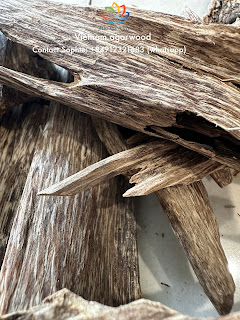Agarwood (Aquilaria malaccensis), also known as oud or gaharu, is highly valued in traditional medicine and perfumery for its aromatic resin. In traditional practices, it has been used for various medicinal purposes, including respiratory conditions like asthma. Here's how it is applied for asthma:
Traditional Use of Agarwood for Asthma:
Incense or Smoke Therapy:
Traditional Use of Agarwood for Asthma:
Incense or Smoke Therapy:
- Burning agarwood chips or resin produces a fragrant smoke. Inhalation of this smoke is believed to help clear respiratory passages and ease breathing in some traditional medicinal systems.
- Agarwood essential oil, when diluted, is sometimes applied to the chest or used in aromatherapy to relieve breathing difficulties.
- Agarwood is used in teas or herbal concoctions. A small amount of powdered agarwood is boiled and consumed to alleviate symptoms of asthma or bronchitis.
- In modern formulations, agarwood extracts are sometimes included in herbal supplements marketed for respiratory health.
- Anti-inflammatory Properties: Agarwood is thought to reduce inflammation in the airways, which is a primary issue in asthma.
- Bronchodilatory Effect: Some traditional medicine systems claim that agarwood helps relax the airway muscles, making breathing easier.
- Sedative Properties: Agarwood has mild sedative effects that may reduce anxiety-induced asthma episodes.
- Dosage: The use of agarwood should be limited to appropriate amounts as advised by a qualified practitioner.
- Allergies: Agarwood smoke or oil may irritate sensitive individuals or exacerbate symptoms in some cases.
- Medical Consultation: It is essential to consult a healthcare professional before using agarwood for asthma, especially alongside conventional asthma treatments.







0 comments:
Post a Comment